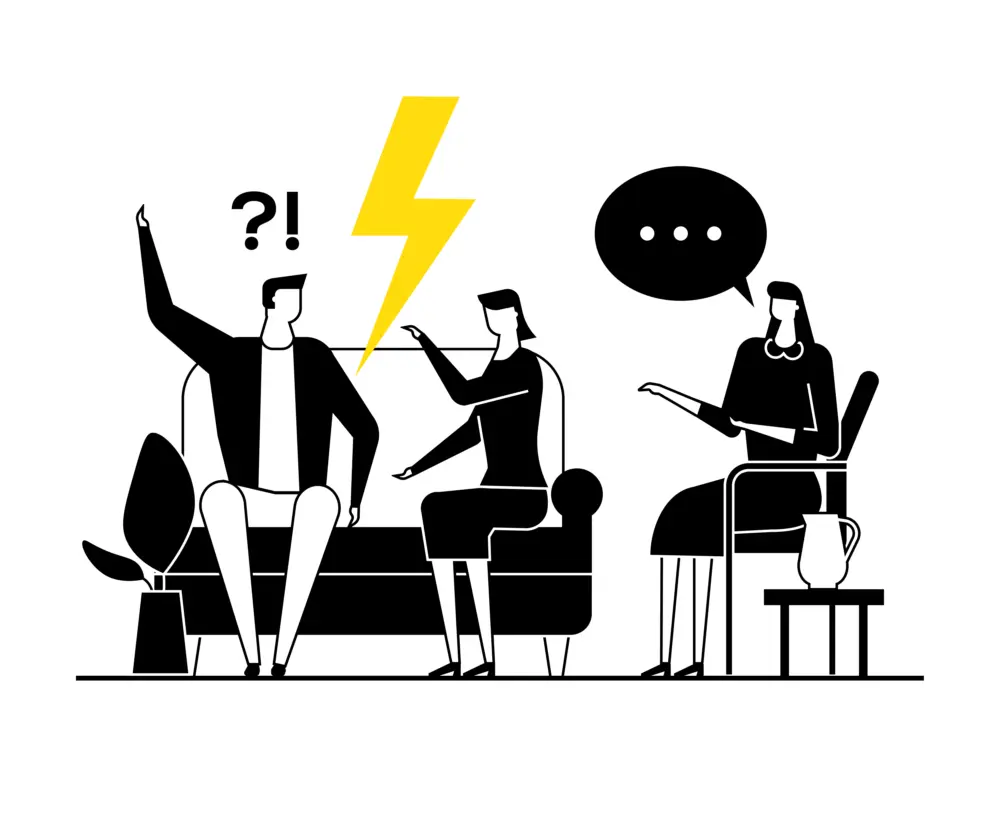More people are seeking professional help to navigate the complexities of their emotional well-being. However, the increasing openness about therapy also comes with sharing therapists among close friends and family. The intentions behind this practice often come from a desire for support and understanding. Potential dangers are associated with sharing your therapist with those in your inner circle.
Confidentiality Concerns
One of the primary foundations of therapy is confidentiality. Individuals often feel safe to share their deepest fears and vulnerabilities with their therapist. That information will remain confidential. If the same therapist is shared among close friends or family members, the risk of breaches in confidentiality is more likely. Even with the best intentions, accidental disclosures or unintentional slip-ups can jeopardize the trust and safety of the therapeutic relationship.
Potential for Bias
Therapists must remain neutral and unbiased, providing an objective perspective to their clients. However, when a therapist is shared among individuals within the same social circle, the potential for bias becomes a significant concern. The therapist may inadvertently bring pre-existing knowledge about one individual into the session with another, compromising the objectivity crucial for effective therapeutic intervention.
Competing Interests
Each person seeking therapy has unique needs and challenges. Sharing a therapist with close friends or family may lead to conflicting interests. The therapist tries to address the diverse issues presented by each individual. This can dilute the quality of therapeutic intervention. The therapist may struggle to balance the varying needs of their shared clients.
Strain on Relationships
Sharing a therapist with someone close can introduce an element of competition or comparison. Individuals may find themselves comparing their progress to that of their friends or family members, potentially leading to feelings of inadequacy or resentment. This strain on relationships can extend beyond the therapy session, affecting the dynamics of personal connections.
Limited Space for Personal Growth
Therapy is a space for personal growth and self-discovery. Sharing your therapist among close friends and family also risks stifling individual progress. The fear of judgment or the desire to maintain harmony within the shared social circle may discourage open and honest exploration of personal issues, hindering the therapeutic process.
Conclusions for Sharing your Therapist
While the idea of sharing a therapist with close friends and family may initially seem like a way to foster a sense of connection and support, it is essential to recognize the potential dangers associated with this practice. Maintaining the confidentiality, objectivity, and individualized support that therapy offers is crucial for the effectiveness of the therapeutic process. As we strive to prioritize mental health, it is equally important to navigate therapy with a mindful approach, considering the unique needs and boundaries of each individual involved.
Ready to begin? Start your online therapy journey today. Book your first session now.




